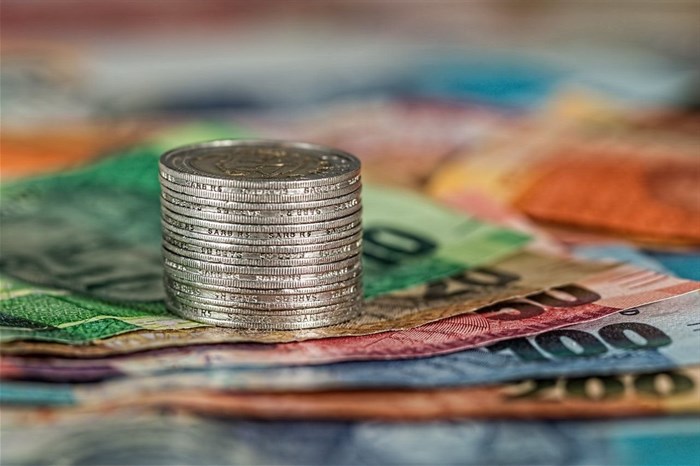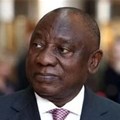President Cyril Ramaphosa has assured South Africans that government will extend and improve the R350 Social Relief of Distress (SRD) grant as the next step towards income support for the unemployed.

Image source: mohamed abdelghaffar from
PexelsDelivering the last State of the Nation Address (Sona) for the sixth administration at the Cape Town City Hall, the President said government introduced the special grant during the pandemic, which currently reaches some 9 million unemployed people every month.
“We have seen the benefits of this grant and will extend it and improve it as the next step towards income support for the unemployed.
“These grants and subsidies do much more than give people what they need to live. They are an investment in the future.
“Social assistance has been shown to increase school enrolment and attendance, lower drop-out rates, and improve the pass rate,” the President said.
Prioritising ECDs and early grade reading initiatives
Turning to basic education, President Ramaphosa said that government will over the next five years prioritise expanding access to early childhood development and enhancing early grade reading initiatives.
The President highlighted that significant progress is already underway with improving early grade reading demonstrating the administration's commitment to this area.
Last year, the latest Progress in International Reading Literacy Study (PIRLS) showed that 81% of Grade 4 pupils in South Africa can’t read for meaning.
“Over the next five years, we will focus our attention on expanding access to early childhood development and improving early grade reading, where we are already beginning to see progress.
“Moving early childhood development to the Department of Basic Education was one of the most important decisions as we were now able to devote more resources to early childhood development and ensure that through cooperative governance, various departments of government get involved in early childhood development augmented by the Department of Basic education,” the President said.
President Ramaphosa reflected that one of the worst injustices of apartheid was the manner in which education was used as a tool to perpetuate inequality.
Over the last 30 years, he said, the democratic government has sought to use education as a tool to create equality.
“Our basic education outcomes are steadily improving across a range of measures. The latest matric pass rate, at 82.9%, is the highest ever. And with each new year, learners from no-fee schools are accounting for more and more of the bachelor passes achieved. At the same time, fewer learners are dropping out of school.
“We have increased funding for poor and working-class students in universities and TVET significantly over the past five years,” he said.
Tackling poverty
Regarding efforts to tackle poverty, President Ramaphosa said government’s policies and programmes have, over the course of 30 years, lifted millions of people out of dire poverty.
“Today, fewer South Africans go hungry and fewer live in poverty. In 1993, South Africa faced a significant poverty challenge, with 71.1% of its population living in poverty.
“However, under the democratic government, there has been a consistent decline in these numbers. By 2010, the poverty rate had dropped to 60.9%, and it continued to decrease, reaching 55.5% in 2020, as reported by the World Bank. This progress has been made possible by extensive support to those in society who need it most,” he said.
Five years ago, government introduced a further measure to tackle poverty by introducing the National Minimum Wage as envisaged in the Freedom Charter.
President Ramaphosa said the decision by key role players, being business and labour and communities, to introduce the minimum wage immediately raised the wages of over 6 million workers.





































